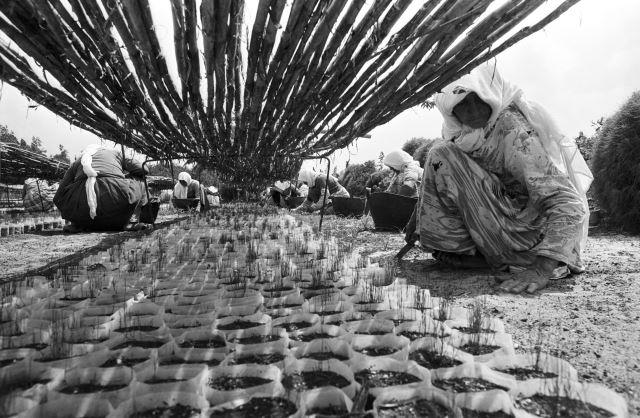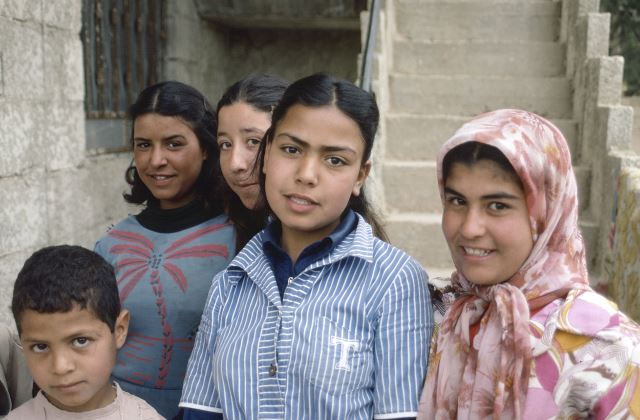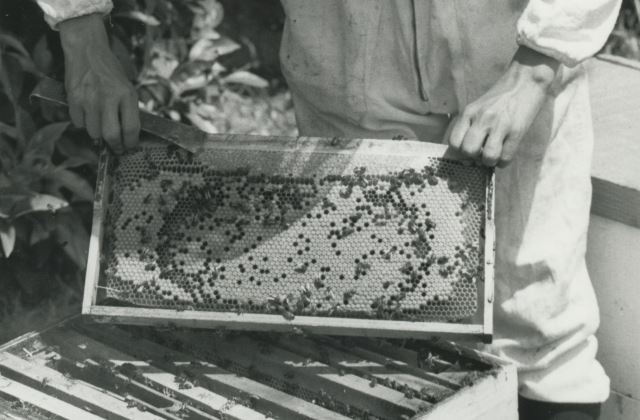ARAB STATES
UNDP’s Regional Bureau for Arab States, with offices in 17 Arab countries and the occupied Palestinian territory, caters to a broad range of development challenges. These challenges include an unprecedented wave of political transition that has swept the region since 2010, and an increasing number of conflicts, many of which extend over long periods.
Across the Arab region, UNDP is helping countries to expand economic opportunities, especially for an increasingly young population; mitigate impacts of conflict, instability and exposure to disasters; meet the aspirations of political transitions, including increasing popular demands for transparency, voice and accountability; counteract food, water and energy insecurity; and bridge the continuing gaps in women’s participation and empowerment.
Despite significant progress over the past 40 years in areas such as life expectancy and school enrolment, the region, given the wide economic disparities among its countries, needs to more effectively translate its considerable wealth and potential into commensurate development gains.
UNDP has been a pioneer in leveraging knowledge for development in the region. Since 2002, the Arab Human Development Reports (AHDRs) have brought together independent Arab scholars to promote evidence-based understandings of emerging trends, challenges and broad directions needed for a better future, in areas such as governance, women’s empowerment, knowledge and human security. The upcoming AHDR 2016 makes an argument and policy recommendations for putting youth empowerment at the center of the region’s quest for sustainable development, peace and prosperity.
COUNTRY SNAPSHOTS
 Lebanon
UN Photo / GT
Lebanon
UN Photo / GT
 Occupied Palestinian Territory
UN Photo / Milton Grant
Occupied Palestinian Territory
UN Photo / Milton Grant
 Tunisia
UNDP / Kate Bader
Tunisia
UNDP / Kate Bader

